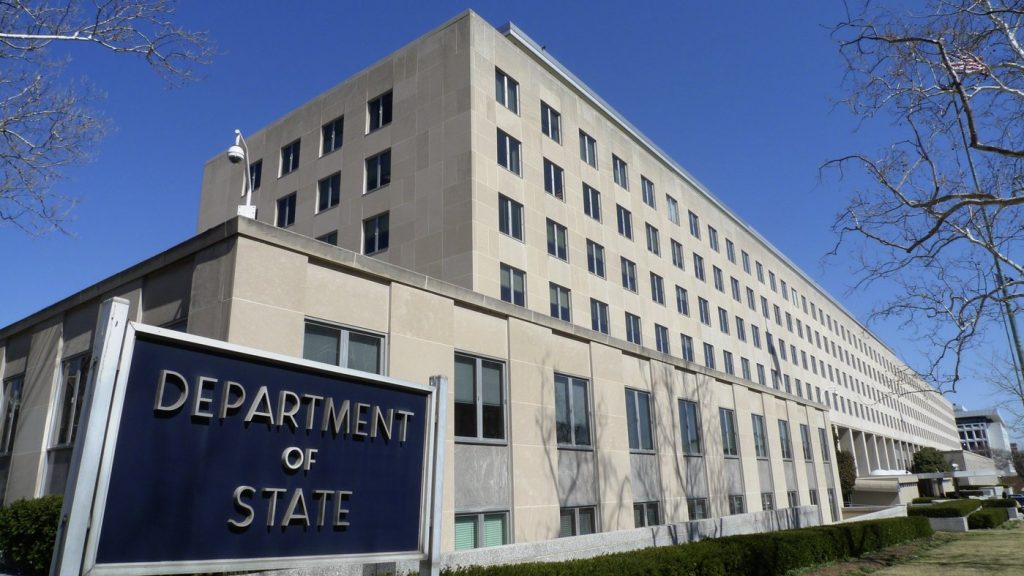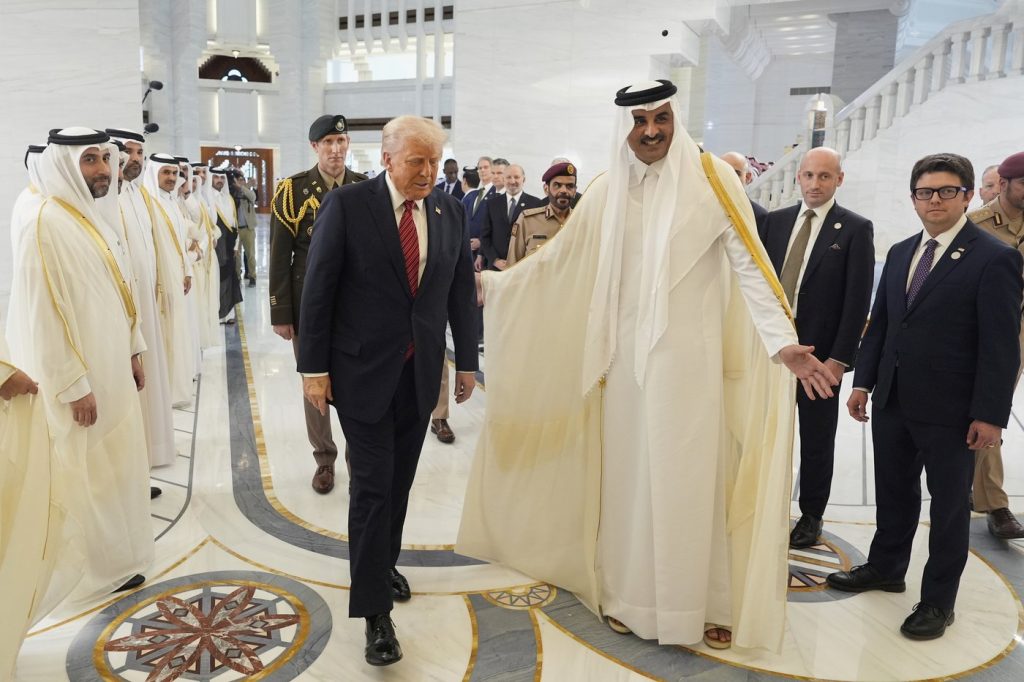A federal judge in Washington, D.C., has issued a temporary injunction to block the Trump administration from implementing an executive order that aimed to strip Foreign Service employees of their collective bargaining rights. U.S. District Judge Paul Friedman granted this preliminary injunction on Wednesday, responding to a lawsuit filed by the American Foreign Service Association (AFSA), which represents over 18,000 Foreign Service employees.
The injunction halts the enforcement of a key provision of the executive order, signed by President Donald Trump on March 27, which the union claims destabilizes longstanding labor-management relations within the Foreign Service. The order specifically removes State Department and U.S. Agency for International Development employees from the protections of a federal law that permits them to organize and negotiate collectively.
In defense of the executive order, government lawyers argued that President Trump determined that agencies focused on national security were being hindered by restrictive collective bargaining agreements. They claimed these agreements frustrated the administration's ability to protect the interests of American citizens. The Justice Department emphasized that the President’s judgment regarding national security issues should be afforded deference by the courts.
The AFSA contended that the executive order was not enacted to enhance national security, but rather as a retaliatory measure against labor unions. Union attorneys argued that the drastic change in collective bargaining rights has occurred at a particularly critical time, as the administration is making significant alterations to employees’ working conditions and employment statuses.
This ruling follows a similar injunction issued by Judge Friedman last month, in which he temporarily blocked the administration from revoking collective bargaining rights for hundreds of thousands of federal employees. In that case, Friedman ruled that a crucial part of Trump's executive order could not be enforced across approximately three dozen agencies where employees are represented by the National Treasury Employees Union (NTEU). The government has since appealed that decision as well.
Judge Paul Friedman was nominated to the federal bench in 1994 by Democratic President Bill Clinton and has since presided over various significant cases. This latest decision reflects ongoing tensions between the federal administration and labor unions, particularly concerning federal employees’ rights to collective bargaining during a time of extensive policy changes within the government.
As the situation continues to unfold, the implications of these rulings could have a lasting impact on labor relations within federal agencies and the rights of employees under the current administration's policies.












